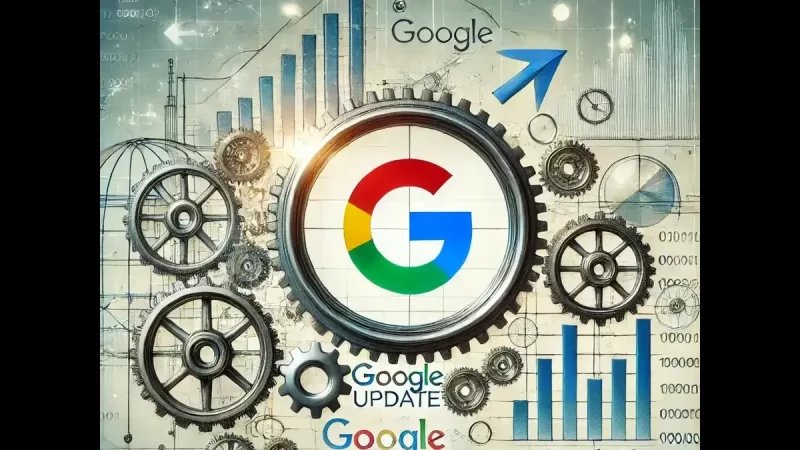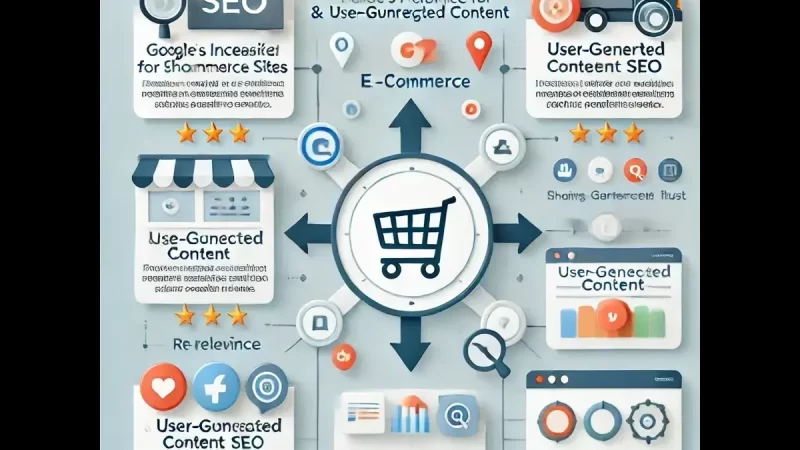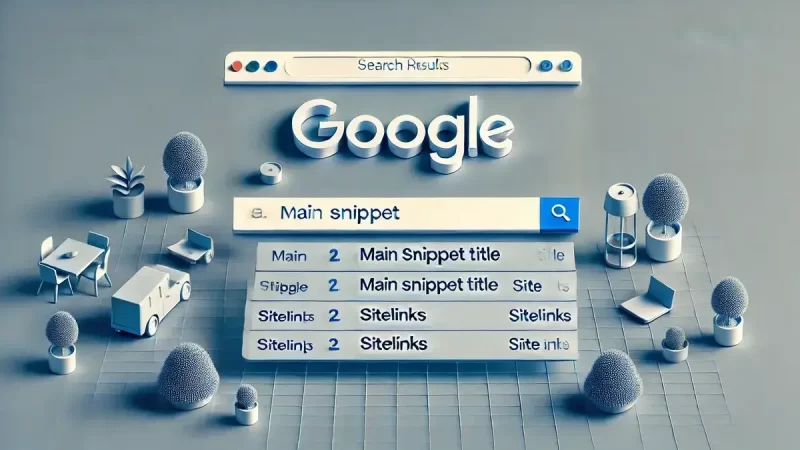Google’s Approach to Recovering Pages After a Helpful Content Update

In the dynamic world of online content, staying on top of Google’s ever-evolving algorithms is crucial for maintaining your website’s visibility and rankings. When Google rolls out a helpful content update, it can sometimes lead to fluctuations in your website’s performance, leaving you scrambling to recover lost ground. But fear not! With the right approach, you can navigate through these changes and reclaim your website’s place in the digital landscape.
What Is Google’s Helpful Content Updates?
Before we delve into recovery strategies, let’s first grasp what these helpful content updates entail. Google constantly refines its algorithms to provide users with the most relevant and useful content. These updates aim to improve the search experience by rewarding high-quality, informative content while penalizing low-quality or irrelevant material.
Assessing the Impact on Your Pages
The first step in the recovery process is to assess the impact of the update on your website’s pages. Keep an eye on your rankings, traffic, and engagement metrics to identify any significant changes. Pages that have seen a decline in rankings or traffic may have been affected by the update and require immediate attention.
Identifying Areas for Improvement
Once you’ve pinpointed the affected pages, it’s time to identify areas for improvement. Conduct a thorough audit of your content to determine any shortcomings or areas where you can enhance relevance, authority, and usefulness. Look for opportunities to update outdated information, improve readability, and incorporate multimedia elements to enrich the user experience.
Optimizing Your Content
With a clear understanding of what needs improvement, it’s time to optimize your content for both users and search engines. Focus on creating comprehensive, well-researched content that addresses the needs and interests of your target audience. Incorporate relevant keywords naturally throughout your content, but avoid keyword stuffing, as it can harm your rankings.
Enhancing User Experience
In addition to optimizing your content, prioritize enhancing the overall user experience of your website. Ensure that your pages load quickly, are mobile-friendly, and easy to navigate. Pay attention to factors such as page layout, formatting, and readability to create a seamless browsing experience for your visitors.
Building Quality Backlinks
Quality backlinks from reputable websites can significantly impact your website’s authority and rankings. Focus on building relationships with other websites in your niche and earning natural backlinks through high-quality content and outreach efforts. Avoid black hat tactics such as buying links, as they can result in penalties from Google.
Monitoring and Iterating
Recovering from a Google update is an ongoing process that requires continuous monitoring and iteration. Keep a close eye on your website’s performance metrics and adjust your strategies accordingly. Stay informed about upcoming updates and industry trends to stay ahead of the curve and maintain your website’s competitiveness.
Recovering your website’s pages after a Google update may seem like a daunting task, but with the right approach and perseverance, it’s entirely achievable. By understanding the impact of the update, identifying areas for improvement, and optimizing your content and user experience, you can reclaim your website’s visibility and rankings in the search results. Remember to stay vigilant, adapt to changes, and always prioritize providing value to your audience.
FAQs: Recovering Pages After a Google Update
Fluctuations in your website’s performance after a Google update can be caused by changes in the search algorithm that affect how your pages are ranked. Factors such as content relevance, quality, and user experience play a significant role in determining your website’s visibility in the search results.
Keep an eye on your website’s rankings, traffic, and engagement metrics to identify any significant changes that may indicate the impact of a Google update. Sudden drops in rankings or traffic could be a sign that your website has been affected and requires attention.
To recover your website’s pages after a Google update, start by assessing the impact of the update on your pages and identifying areas for improvement. Optimize your content for relevance and quality, enhance the user experience of your website, and focus on building quality backlinks from reputable sources.
The time it takes to recover from a Google update can vary depending on the extent of the impact and the effectiveness of your recovery strategies. In some cases, you may see improvements relatively quickly, while in others, it may take more time and effort to regain lost ground.
If your website has been penalized by Google, take immediate action to address the issues that led to the penalty. Identify and fix any violations of Google’s Webmaster Guidelines, such as keyword stuffing, low-quality content, or unnatural backlinks. Submit a reconsideration request once you’ve made the necessary changes.







